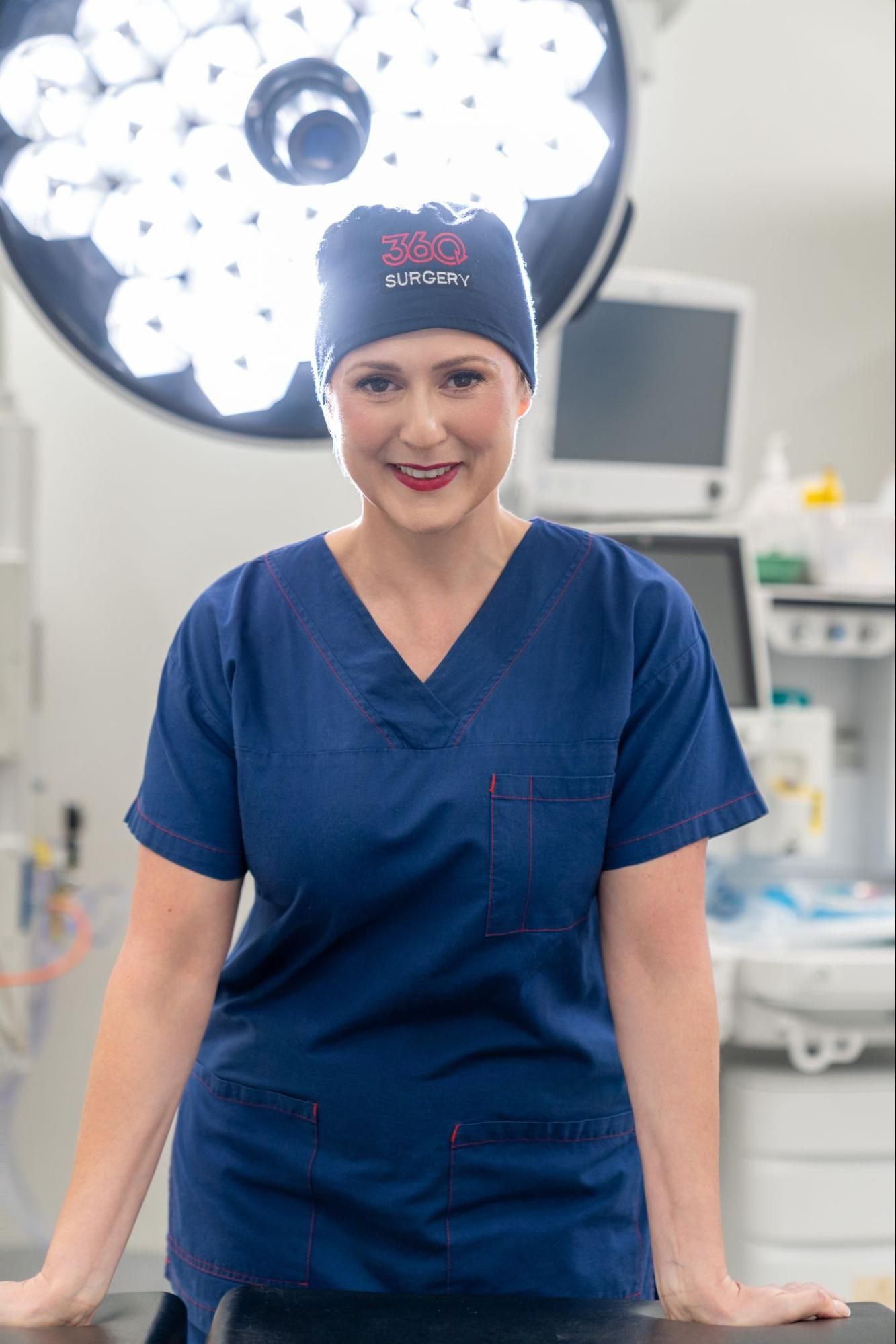Getting Ready to Succeed
Let our weight loss surgery team in Melbourne help you succeed
Mental preparation for weight loss surgery is just as important as physical preparation. Getting mentally prepared will help you make the most of all this weight loss tool has to offer.
Mental preparation is an ongoing process, and it's okay to have concerns and fears. Openly communicate with your weight loss surgery team and support network, and be kind to yourself. It's natural to feel a mix of emotions before a major life change, and acknowledging your feelings and seeking assistance when needed is an important part of the process. Our weight loss surgery team, 360 SURGERY, here in Melbourne, will help you get ready.
Let’s look at 7 ways to help you mentally prepare for this life-changing procedure.
1. Educate yourself
Knowledge is empowering. Learn as much as you can about the surgery,, including how the procedure is done, expected outcomes, risks, benefits, alternatives, recovery time, follow-up, and anything else you might want to know. Use reliable sources—your healthcare team is the best source of reliable information. Knowing what to expect can definitely help reduce anxiety.
2. Set realistic expectations
Understand that bariatric surgery is a powerful tool for weight loss but it’s not a magic solution. Speak to your bariatric surgeon about how much weight you need to lose and how much you can expect to lose. Set realistic expectations for what lifestyle changes you’ll need to make and what your postoperative diet will look like.
3. Embrace a positive mindset
Think positive. Visualise your success and all the health benefits you’ll enjoy. Focus on how life will improve. Think of success, and you will be halfway to achieving it.
4. Build a support network
Reach out to family and friends for support. Let them know your decision and the challenges you anticipate. Getting them on board and knowing you have people to depend on can make a big difference to your mental preparedness.
5. Meet with our weight management psychologists
Our weight management psychologists have years of experience preparing people for weight loss surgery. They can help you address any emotional issues or concerns you have and provide coping strategies for the journey ahead.
6. Address emotional eating
If you use food to manage your emotions, it’s good to identify this as a problem before surgery. You can work with our psychologists to identify triggers and work on healthy coping strategies. This can help prevent old habits from creeping back after surgery.
7. Prepare for lifestyle changes
Surgery is only part of the solution. The key to success will lie in making lifestyle changes, dietary changes and changes in your physical activity. Have plans in place to ease into these changes after surgery or even start working on them before surgery.


















